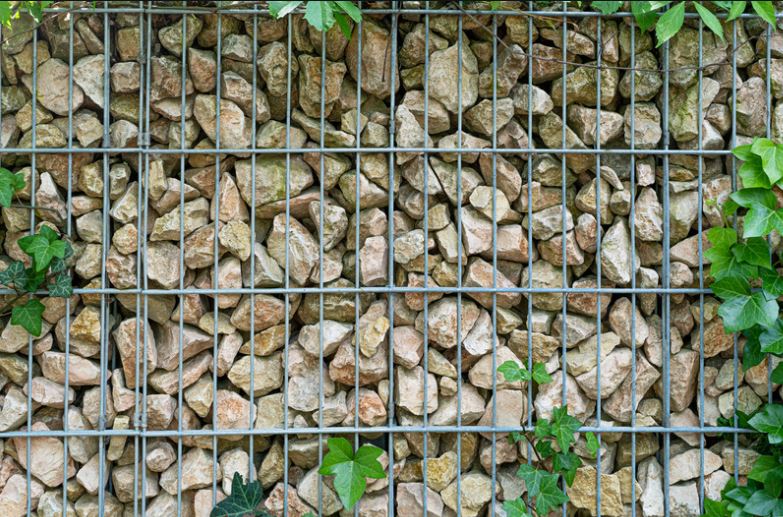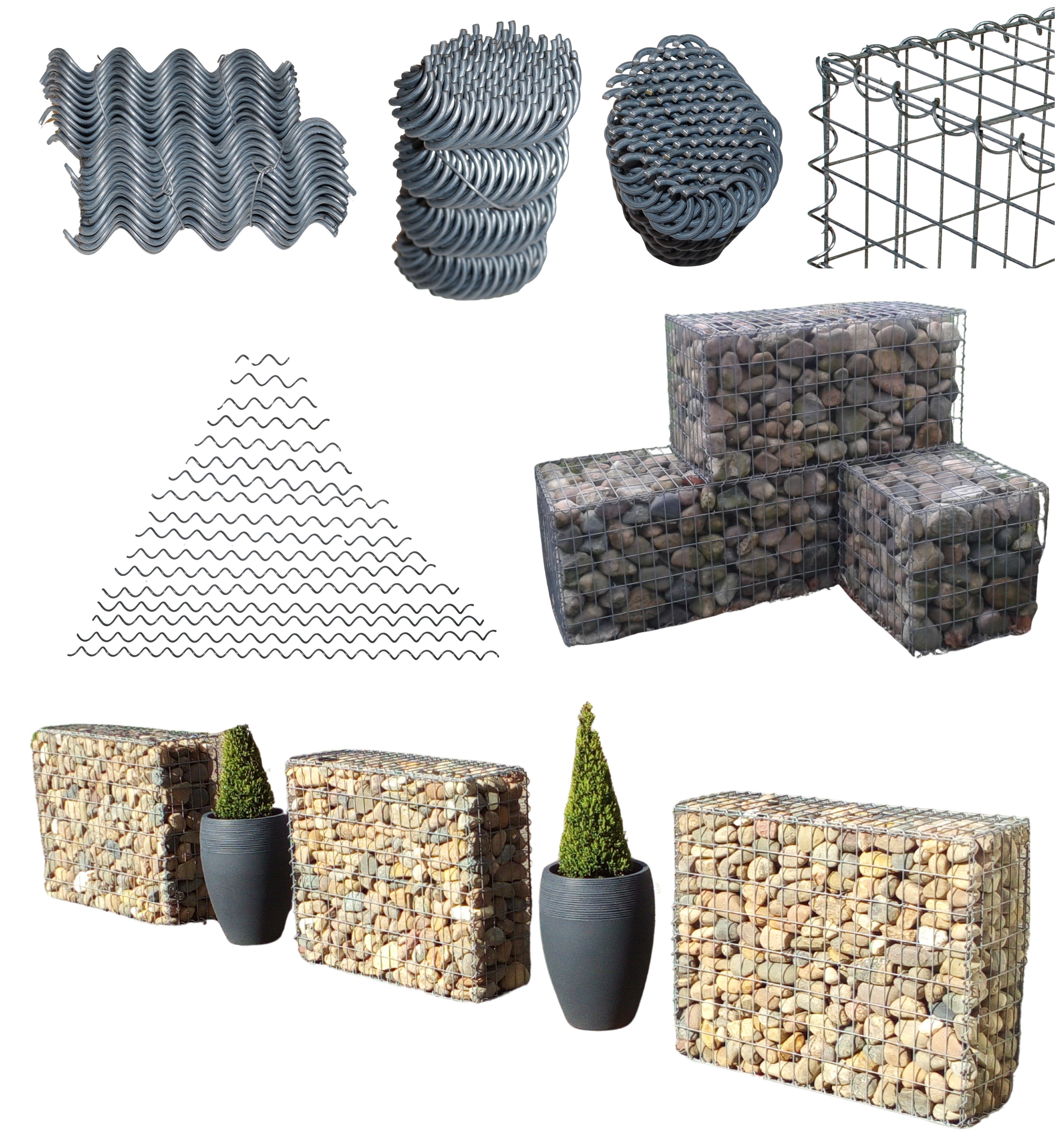In modern landscaping, gabions and traditional garden walls are popular options for enclosing and structuring gardens. Both have their own benefits and challenges. In this article, we will look at the differences, advantages and disadvantages of gabions compared to traditional garden walls to help you decide on the right solution for your garden.
What are gabions?
Gabions are wire baskets filled with natural stones or other materials. They are flexible and can be used as privacy screens or decorative elements in gardens. The popularity of gabions has increased in recent years due to their versatility and modern appearance.

What are traditional garden walls?
Traditional garden walls are usually made of brick, concrete, natural stone or other masonry materials. They are often solid and durable and offer a classic aesthetic that is preferred in many traditional garden landscapes.
Advantages of Gabions
- Versatility : Gabions can be customized in different shapes and sizes, making them ideal for creative and customized garden projects.
- Easy installation : Compared to traditional walls, gabions are easier and quicker to install. No mortar is required and construction can often be done without professional help.
- Cost : Gabions are often more cost-effective because they require less labor and material costs.
- Environmental friendliness : By using natural stones and reusable wire baskets, gabions are a more sustainable choice.
Disadvantages of Gabions
- Aesthetics : Not everyone likes the industrial look of gabions. They may not suit all garden designs.
- Limited height : Gabions are not always the best choice for very high walls as they can become unstable as the height increases.
- Maintenance : Over time, weeds and dirt can build up between the stones, requiring regular cleaning.
Advantages of traditional garden walls
- Classic Aesthetics : Traditional walls offer a timeless and elegant appearance that works well in many garden landscapes.
- Stability and durability : Traditional walls are often more robust and durable, especially for tall structures.
- Insulation : Solid walls provide better sound and thermal insulation, which can be beneficial in certain garden projects.
Disadvantages of conventional garden walls
- Cost : Building traditional walls is often more expensive, both in terms of materials and labor.
- Installation : Building traditional walls requires more time, expertise and often professional help.
Conclusion
Choosing between gabions and traditional garden walls depends on your individual needs, desired look and available budget. Gabions offer a modern, flexible and cost-effective solution, while traditional walls offer classic aesthetics and robustness. Both options have their own advantages and challenges, so it is important to carefully consider the specific requirements of your garden project.
Whichever option you choose, both can add structure and beauty to your garden. Consider which features are most important to you and choose the solution that best suits your style and practical needs.




Leave a comment
This site is protected by hCaptcha and the hCaptcha Privacy Policy and Terms of Service apply.